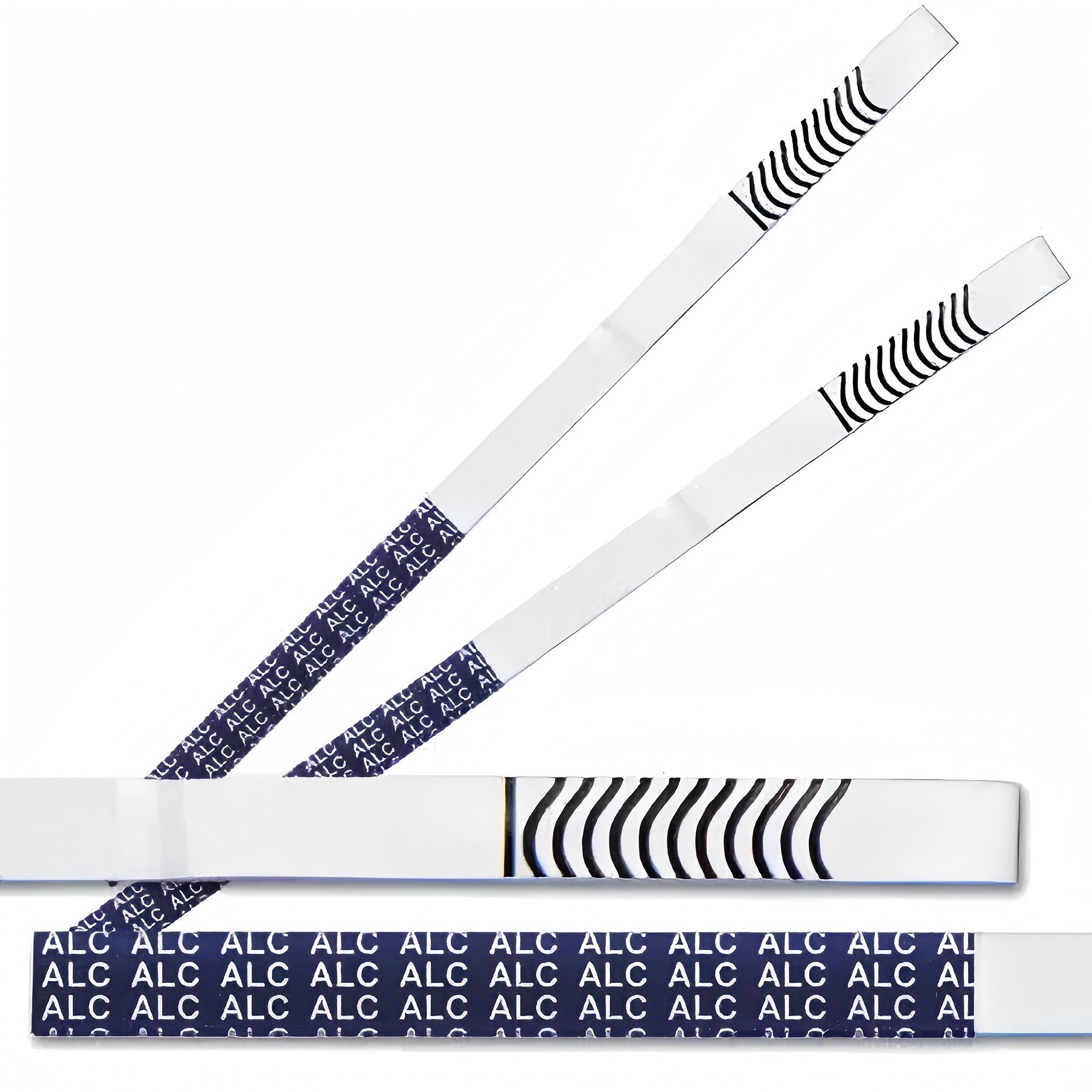Introduction to Drug Test Kits
Drug testing has become a critical component in several sectors, including healthcare, employment, and sports. These tests aim to identify the presence of specific substances in a person's system. Drug test kits serve as practical tools in detecting a range of substances swiftly and efficiently. Understanding the mechanics and usage of these kits is essential for manufacturers, factories, and suppliers involved in their production and distribution.
Purpose and Significance
The primary objective of drug test kits is to ensure safety and compliance across various environments. Whether it's for workplace screenings, legal cases, or medical assessments, accurate drug testing is pivotal. Manufacturers must ensure that the kits are reliable and easy to use, allowing users to make informed decisions based on the results.
Types of Drugs Detected by Test Kits
Drug test kits can detect a wide array of substances, ranging from legal ones like alcohol and nicotine to illegal drugs such as cocaine and methamphetamines. These kits have evolved to include sophisticated testing for newer synthetic drugs as well.
Commonly Tested Substances
Most drug test kits are designed to trace multiple substances, making them versatile tools for comprehensive screening. Commonly tested substances include marijuana, cocaine, opiates, amphetamines, and benzodiazepines. Suppliers often categorize these as part of standard panel tests, facilitating easy procurement and usage in diverse settings.
Emerging Substances
With the rise of synthetic drugs, test kits have adapted to detect substances such as synthetic cannabinoids and cathinones. Factories are constantly updating the chemical reagents used in these kits to keep up with the ever-evolving landscape of drug use.
Biological Samples Used in Drug Testing
Drug tests can be conducted using various biological samples, each offering distinct advantages and limitations. Understanding these differences is crucial for selecting the appropriate test for specific scenarios.
Urine Samples
Urine remains the most commonly used sample for drug testing. It is non-invasive and can detect drug metabolites for up to several days after substance use. Manufacturers focus on creating urine test kits that are easy to use and provide quick results.
Alternative Samples
Besides urine, drug tests can be conducted using other biological samples such as blood, saliva, hair, and even sweat. Each sample type provides different levels of detection and timeframes. For instance, hair samples can detect drug use over a more extended period, making them valuable for retrospective analyses.
Popular Drugs Screened in Tests
Drug test kits are routinely designed to screen for a mix of commonly abused drugs, ensuring comprehensive coverage. These kits often focus on detecting substances with high abuse potential and legal implications.
Five-Panel Drug Screens
The traditional five-panel drug screen tests for marijuana, cocaine, opiates, amphetamines, and PCP. These are substances typically associated with workplace testing. Factories producing these kits need to ensure precise calibration to maintain accuracy.
Expanded Panel Drug Screens
For more comprehensive analysis, expanded panel drug screens include additional substances like barbiturates, benzodiazepines, and methadone. Suppliers often provide these expanded panels for specialized testing environments, such as clinical settings or competitive sports.
Home vs. Laboratory Drug Testing
Drug tests are available both as at-home kits and as laboratory-based analyses. Understanding the distinctions between these methods is crucial for users and manufacturers alike.
At-Home Testing Kits
At-home testing kits offer convenience and privacy, allowing individuals to conduct tests without needing a professional setting. However, these kits often lack the sensitivity and specificity found in laboratory tests. Suppliers usually recommend follow-up laboratory testing for confirmation.
Laboratory Testing
Laboratory tests provide comprehensive and confirmatory results, often required for legal or professional purposes. Manufacturers have established extensive protocols to ensure that laboratory testing remains the gold standard in terms of accuracy and reliability.
Factors Affecting Detection Timeframes
The window of drug detection can vary significantly based on several factors. Understanding these variables is essential for interpreting test results accurately.
Metabolic Rates
Individual metabolic rates can influence how quickly a substance is processed and eliminated from the body. Factors such as age, weight, and overall health can impact these rates, affecting detection windows for different drugs.
Frequency and Intensity of Use
The frequency and quantity of drug use also play a significant role. Chronic users may have longer detection windows, while infrequent users may eliminate drugs more rapidly. Suppliers need to consider these factors when advising customers on test usage.
Interpreting Drug Test Results
Interpreting the outcomes of drug tests requires an understanding of what constitutes a positive or a negative result. It is essential for users to comprehend the potential for false positives and negatives.
Positive Results
A positive result indicates the presence of a substance at a detectable level. However, it does not determine the quantity of use or impairment. Factories producing these kits must ensure guidelines are clear for result interpretation.
False Positives and Negatives
False results can occur due to cross-reactivity with other substances, such as certain medications or foods. Manufacturers are focused on improving test specificity to minimize these occurrences and provide more reliable results.
Ethical and Legal Implications of Drug Testing
Drug testing carries ethical and legal considerations, impacting various stakeholders, including employees, employers, and medical practitioners.
Privacy Concerns
Ensuring privacy during drug testing is crucial, especially in personal and workplace settings. Manufacturers must balance test accuracy with privacy protocols to build trust with end-users.
Legal Compliance
Drug testing must comply with legal standards, which vary by region and context. Suppliers need to be aware of these regulations to ensure that their products are both effective and legally compliant.
Innovations and Advances in Drug Testing
Technological advancements continue to shape the drug testing landscape, introducing innovations that improve accuracy, speed, and convenience.
Point-of-Care Testing
Point-of-care tests allow for rapid testing and results on-site, without the need for laboratory facilities. This innovation is particularly beneficial in urgent scenarios and is a focus area for manufacturers.
Improving Sensitivity and Specificity
Enhancements in chemical reagents and testing methodologies have led to more sensitive and specific tests. These advancements help factories produce kits that reliably detect a broader range of substances.
Conclusion: The Role of Drug Testing
Drug testing remains an essential tool in promoting safety and compliance across various industries. Manufacturers, factories, and suppliers play a critical role in advancing drug testing technology and ensuring that these tools are accessible and reliable. As new challenges and substances emerge, the industry must continue to innovate and adapt.
Hysen Provide Solutions
Hysen offers advanced drug testing solutions designed to meet diverse needs. Our kits are meticulously crafted in our state-of-the-art factories to ensure precision and reliability. As a leading manufacturer and supplier in the drug testing industry, Hysen is committed to providing products that adhere to the highest standards of quality and compliance. Partner with us to ensure your testing requirements are met with accuracy and efficiency.

Post time: Jul-25-2025
















